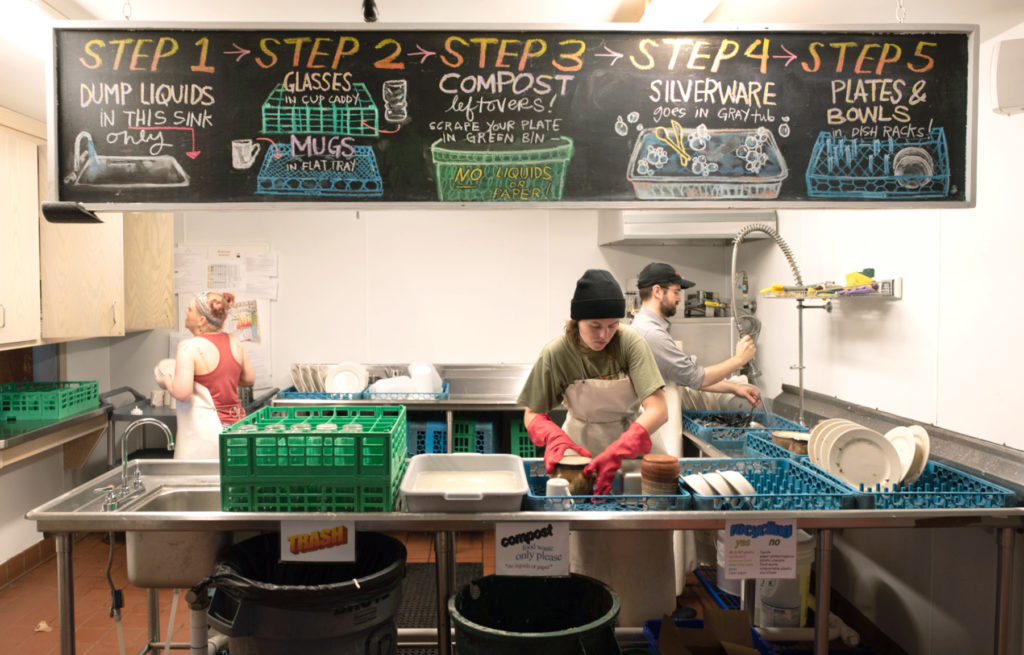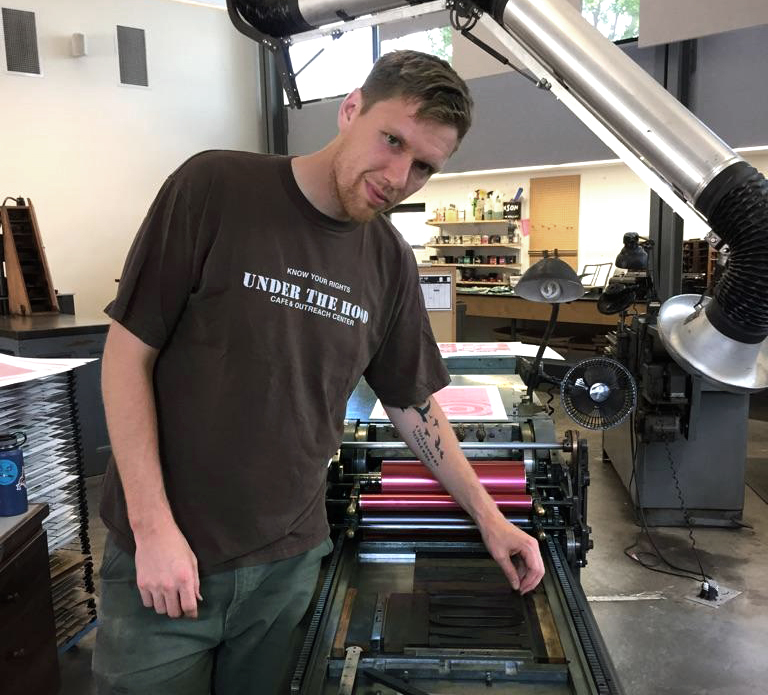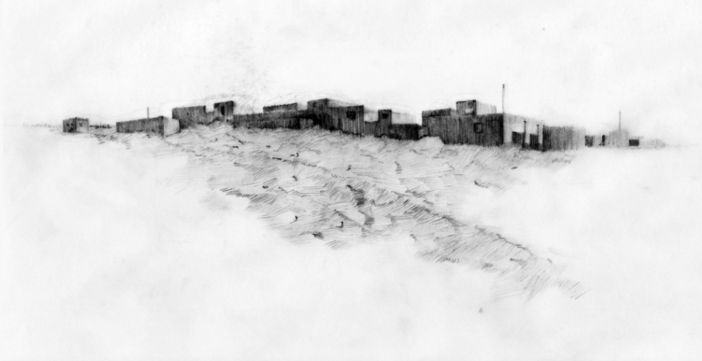
Penland is pleased to offer a new scholarship option for summer 2019—early decision! These partial scholarships with a work requirement are similar to our general work-study scholarships from previous years, with a few important updates:
- If you apply for an early decision scholarship, your application will be processed on a first-come, first-served basis. You will be notified about whether or not you got into your workshop within three business days of the completion of your application (including two of your references completing a short reference form).
- We are holding two spaces in each workshop for early decision scholarship applicants, so your chances of getting into your first-choice workshop are improved if you apply early.
- Instead of the standard $50 processing fee, you pay only a $10 processing fee with your application.
- All early decision scholarship applicants will be assigned jobs in the dining hall (washing dishes, preparing food, etc.) that will total roughly 20 hours of work per week.
So who are these scholarships for, anyway?
We are offering this new option for eager students who would like to know the outcome of their scholarship applications sooner, want a better chance of getting into their first-choice workshop, and are willing to commit to a dining hall work assignment. Trying to squeeze a month-long internship, a family reunion, a Penland workshop, and a research trip into one summer? Get your dates locked down with early decision. Have your heart absolutely set on that session 3 iron workshop? Apply ASAP with early decision.
And what’s in it for Penland?
Every session, we need an energetic and diligent crew of work-study students in The Pines to make meal times run smoothly. We’re hoping that, by offering some incentives with our early decision option, we can fill those spots in The Pines and make a whole bunch of you happy, too!
How do I apply early decision?
All scholarship applications, including early-decision applications, must be submitted online through Slideroom. Scholarship applications will open January 1 and must be complete and submitted by 11:59 PM EST on February 18. Applications for early decision partial scholarships do not require images, but they do require two references to fill out and submit a short form via email. These applications will be processed on a first-come, first-served basis once complete, so submitting your application as soon as possible is to your advantage.
What if I need a full scholarship or can’t work in the dining hall?
In addition to the partial scholarships with work requirements that are eligible for early decision, Penland also awards full scholarships with work requirements, full scholarships with no work requirement, and studio assistantships. Spaces are held in each of our workshops for recipients of these scholarships. See complete information about our full range of summer 2019 scholarship options here.
View all of our summer 2019 workshop offerings!



